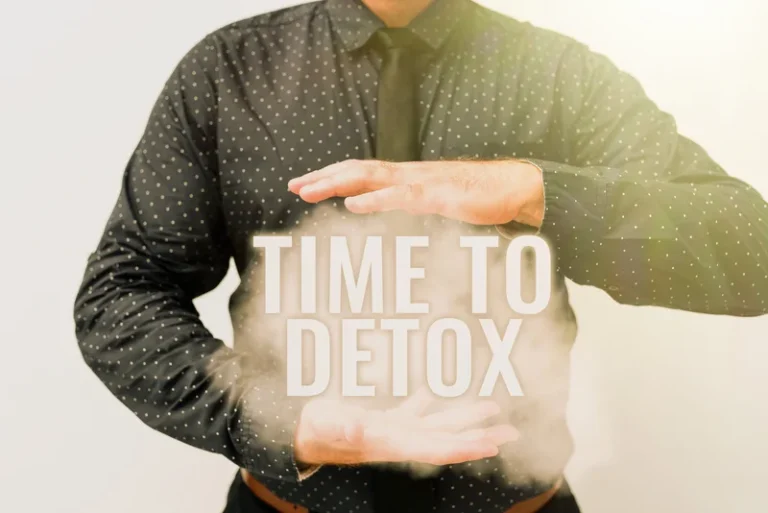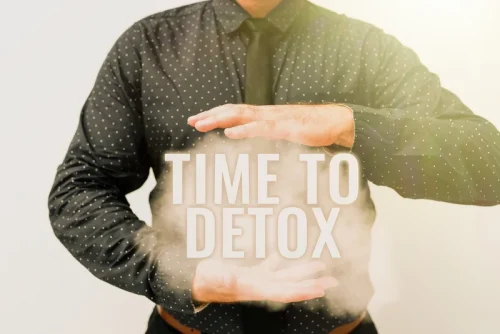The Alcohol-Depression Connection: Symptoms, Treatment & More
07 Feb

Treatment often includes an integrated approach to simultaneously address both alcohol use disorder and depression. ” self-assessment below if you think you or someone you love might be struggling with an alcohol use disorder (AUD). The evaluation consists of 11 yes or no questions that are intended to be used as an informational tool to assess the severity and probability of an AUD.

Drinking Alcohol While Depressed
This can be seen https://ecosoberhouse.com/ during periods of intoxication, when speech, walking, thinking, and many other functions are heavily affected. From a neurocognitive standpoint, alcohol significantly impacts many of the neurotransmitters (brain chemicals) that oversee our emotional well-being. Enter your phone number below to receive a free and confidential call from a treatment provider.
Health Challenges

Managing your drinking and getting the right support are really important for your mental health. Although we don’t always think of it as such, alcohol is a psychoactive substance, meaning it can radically change the way we think and feel. Here, we look at some of the ways that alcohol can change our mood and our behaviour, and how it does that. Alcohol is a nervous system depressant, and heavy drinking can also cause isolation and depression. Drinking small amounts of alcohol can have some cardiovascular benefits, but excessive drinking can harm the heart and blood vessels.
- Sometimes it’s difficult to determine the cause-and-effect dynamic between alcohol and depression.
- The ECT process has evolved significantly, and the current form is much gentler and more targeted than in the past.
- Women with depression are also more likely to engage in binge drinking.
- Almost 30 percent of Americans will experience alcohol use disorder at some point in their lifetimes.
- In these, you can also find support from others in the same situation.
Advanced Treatment

If you have alcohol dependence, it can be unsafe to suddenly stop drinking. Talk to your doctor and work out a plan to safely lower your alcohol consumption. You might notice certain times of the day or being around certain people will make you feel more anxious or more depressed and want to drink more. Noticing these moments can help you make a plan for different ways to cope.
- Whether for you or a loved one who is struggling with depression and alcohol use, it is extremely important to make a change as soon as possible.
- Alcohol can increase blood pressure and triglycerides, potentially contributing to the risk of heart disease and stroke.
- It’s more likely to worsen negative mood states, along with physical health.
How alcohol affects your body

For example, a person with alcohol and depression frequent episodes of severe depression may turn to drinking to self-medicate. People who frequently drink are more likely to experience episodes of depression, and they may drink more in an attempt to feel better. Individuals with mental health conditions may be more likely to use alcohol as a treatment. Several studies suggest that military veterans are more likely to experience depression, post-traumatic stress disorder (PTSD), and misuse alcohol.
- Sometimes it can lead us to do things that may be a bit annoying but not particularly problematic, like singing loudly or talking too much.
- You might also want to consider natural supplements such as tyrosine, 5-HTP, and ashwagandha to help rebalance your brain’s neurotransmitters.
- If you tend to rely on alcohol to ease anxiety in social situations, for example, you might never address the underlying causes of your discomfort.
- What alcohol does, though, is depress the body’s central nervous system – the system that lets our brain tell our body what to do.
- Using alcohol to cope with social anxiety disorder can be dangerous.
- For someone with depression, this can exacerbate feelings of guilt, shame, and self-loathing.
Long-Term Risks of Alcohol Dependence
- Sometimes people drink alcohol to help with the symptoms of stress, anxiety, and depression.
- When dealing with stressful days or nervous situations, you may be tempted to have a glass of wine or a beer to calm your nerves.
- If drinking becomes alcohol use disorder, it can lead to shame, denial, and other negative emotions that can make someone reluctant to spend time with others.
- If you quit drinking after heavy alcohol use, you might experience loneliness because of changes to your circumstances that happened as a result of the alcohol use disorder.
Alcohol is sometimes described as a ‘disinhibitor’ – it makes us less cautious and more inclined to do things we would normally be shy or hesitant about. Sometimes it can lead us to do things that may be a bit annoying but not particularly problematic, like singing loudly or talking too much. Other times, the consequences can be more serious – for example if we say something hurtful we regret later on, or try to drive ourselves home. You might consider joining a 12-step program like Alcoholics Anonymous (AA) or a non-12-step group like SMART recovery. People with AUD are 2.3 times more likely to have had MDD in the previous year.
While alcohol use can directly trigger feelings of depression, it can also contribute to symptoms in more indirect ways. It’s not uncommon to use alcohol to cope with difficult feelings and experiences. It helps people understand events and thought processes that lead to depression and substance misuse.
